Hindenburg Research alleges SEBI chief Madhabi Buch: Hindenburg Research has made serious allegations against Madhabi Puri Buch, the chairperson of India’s Securities and Exchange Board of India (SEBI), claiming that she and her husband, Dhaval Buch, held stakes in offshore funds linked to the Adani Group. This report, released on August 10, 2024, raises significant questions about potential conflicts of interest and the integrity of regulatory oversight concerning the Adani Group, which has faced scrutiny over allegations of stock manipulation and accounting fraud.

Key Allegations
- Offshore Investments: Hindenburg’s report alleges that Madhabi Buch and her husband had hidden stakes in offshore funds based in Bermuda and Mauritius, which were reportedly used by Vinod Adani, brother of Gautam Adani, to facilitate questionable financial practices. The report cites whistleblower documents indicating that the couple opened an account with IPE Plus Fund 1 in Singapore on June 5, 2015.
- Connection to Adani Group: The report suggests that the offshore funds were part of a complex financial structure utilized by the Adani Group to allegedly siphon funds and inflate stock prices. Hindenburg claims that the reluctance of SEBI to take decisive action against the Adani Group may stem from Madhabi Buch’s involvement with these offshore entities.
- Consulting Business: Hindenburg also revealed that Madhabi Buch owns a 99% stake in a consulting firm called Agora Advisory, which reported revenues significantly higher than her disclosed salary at SEBI. This raises further questions about the sources of income and potential conflicts of interest.
- Previous Allegations Against Adani: This report follows Hindenburg’s earlier accusations against the Adani Group in January 2023, which claimed that the conglomerate engaged in stock manipulation and fraudulent accounting practices, leading to a substantial loss in market value for its listed entities.
Implications
The allegations against Madhabi Buch could have far-reaching implications for SEBI’s credibility and the regulatory environment in India. If substantiated, these claims may lead to calls for an independent investigation into both the alleged offshore investments and SEBI’s handling of the Adani matter.
Response from SEBI
As of now, there has been no immediate response from Madhabi Buch or SEBI regarding these allegations. The lack of a public statement raises concerns about transparency and accountability within the regulatory body.
Conclusion
Hindenburg Research’s latest report adds a layer of complexity to the ongoing scrutiny of the Adani Group and raises critical questions about the integrity of India’s financial regulatory framework. The situation calls for careful examination and may require further investigation to ensure that conflicts of interest are addressed and that the principles of fair market conduct are upheld.
#HindenburgReport #MadhabiBuch #SEBI #AdaniScandal #OffshoreInvestments #FinancialRegulation #CharacterAssassination #AdaniGroup #Whistleblower #CorporateGovernance #TransparencyInFinance #InvestmentEthics #RegulatoryOversight #IndiaFinance #HindenburgVsSEBI


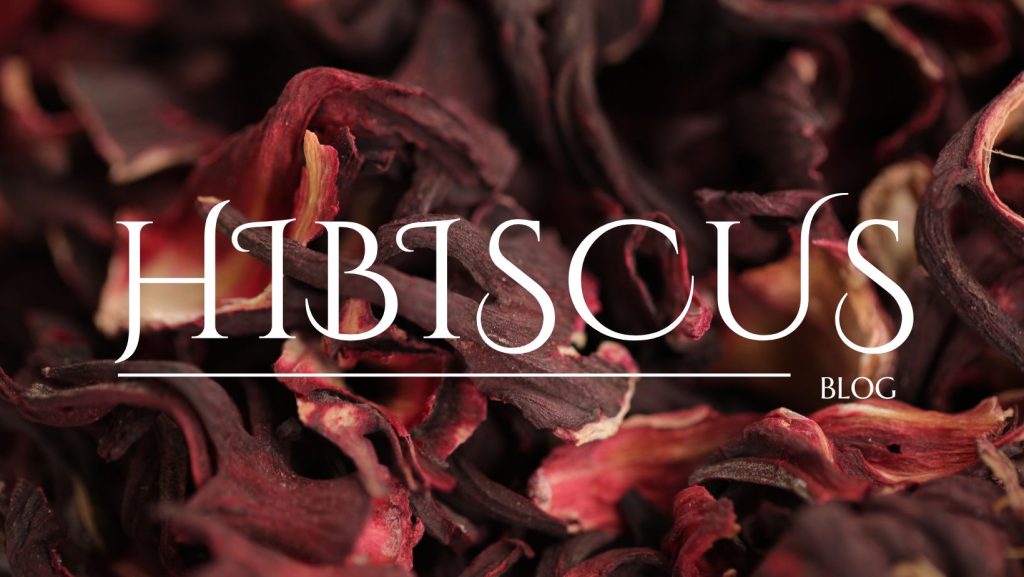
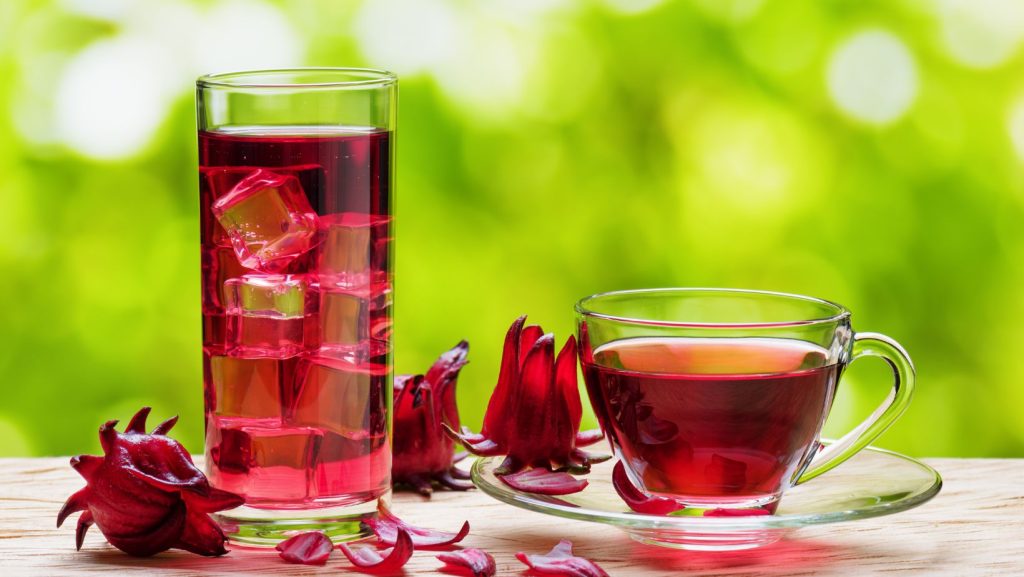







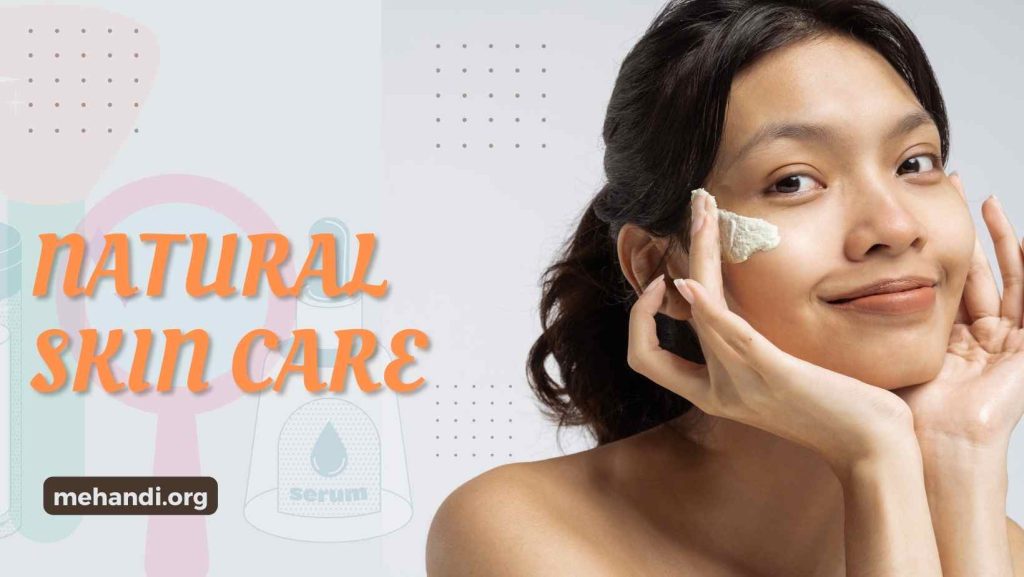

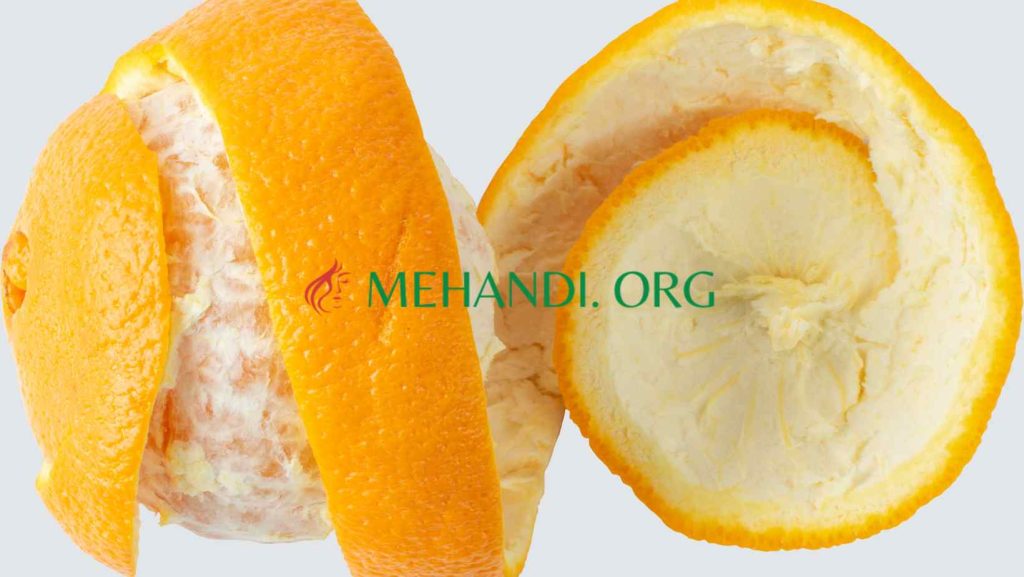







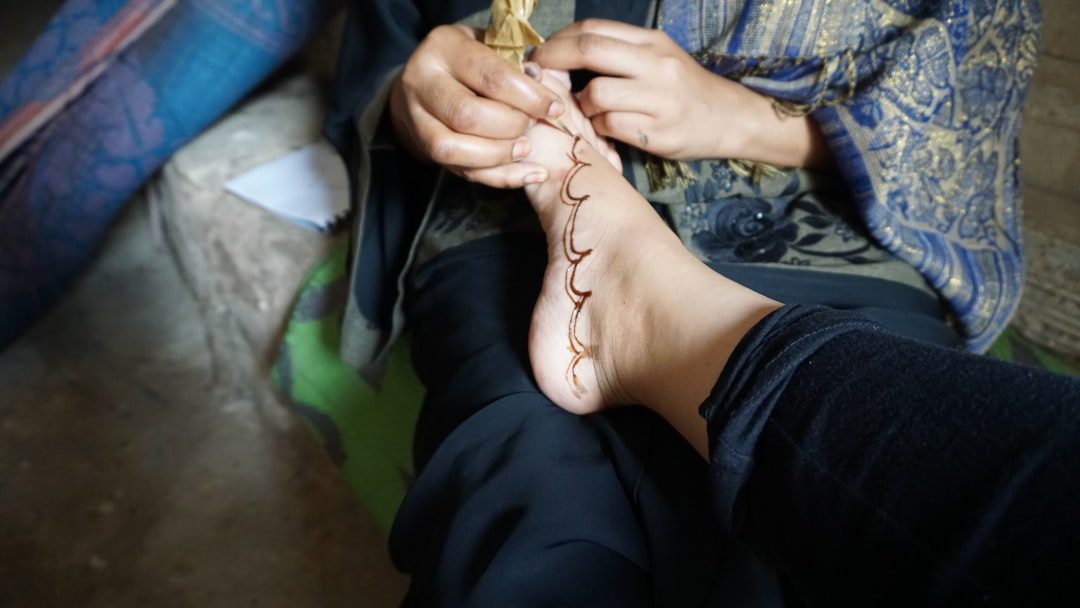
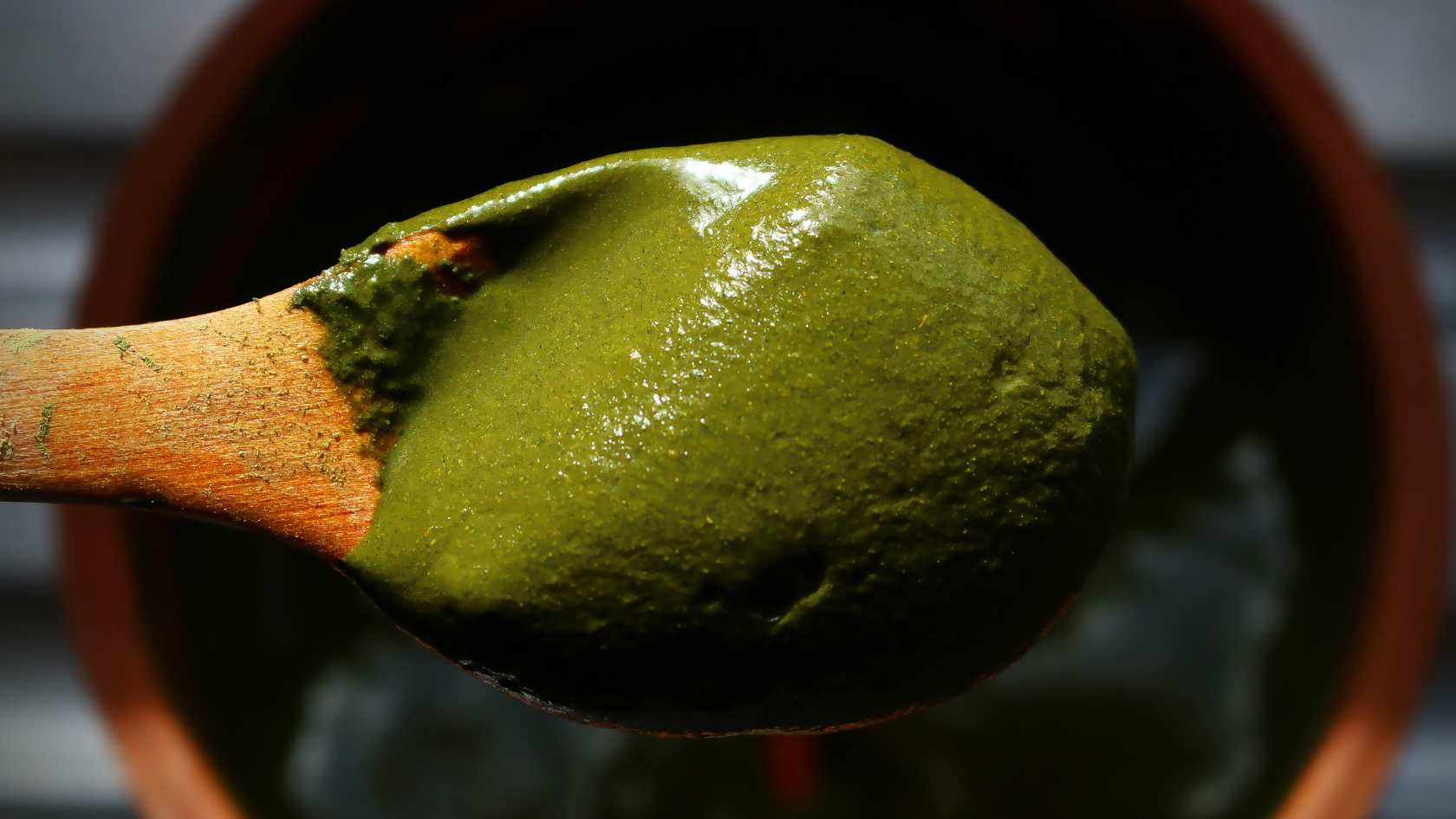
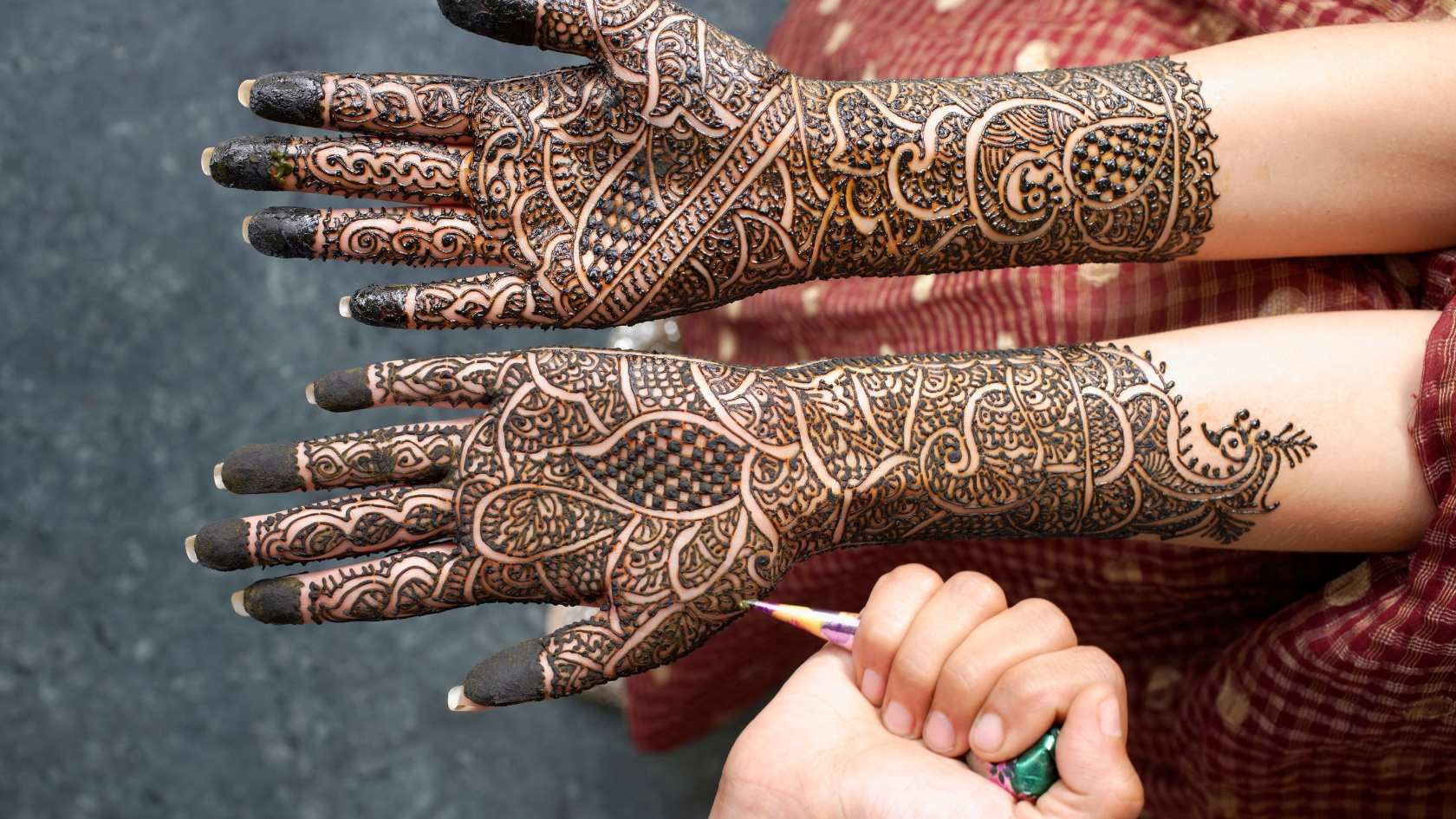
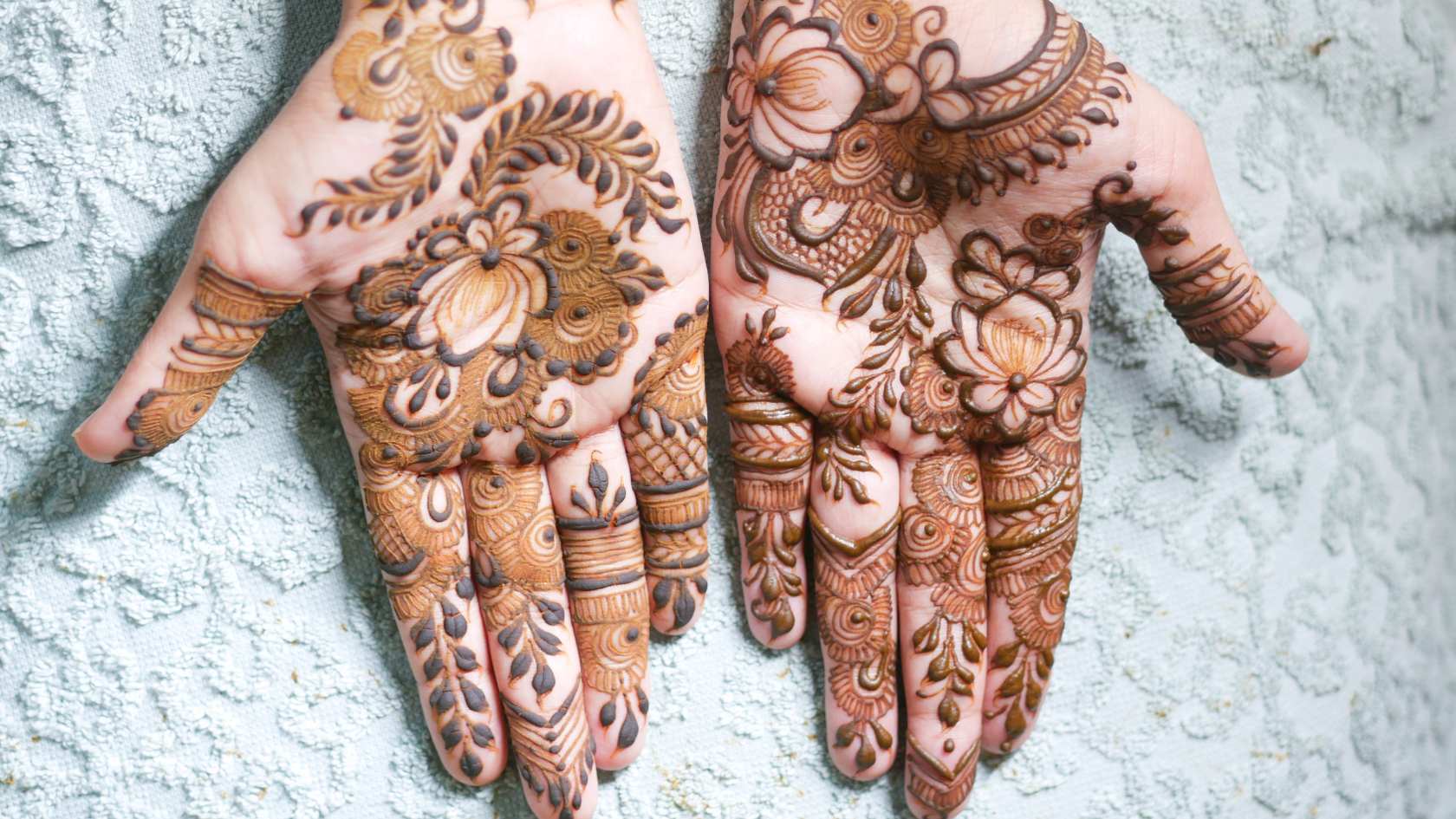 Apply a lemon-sugar sealant
Apply a lemon-sugar sealant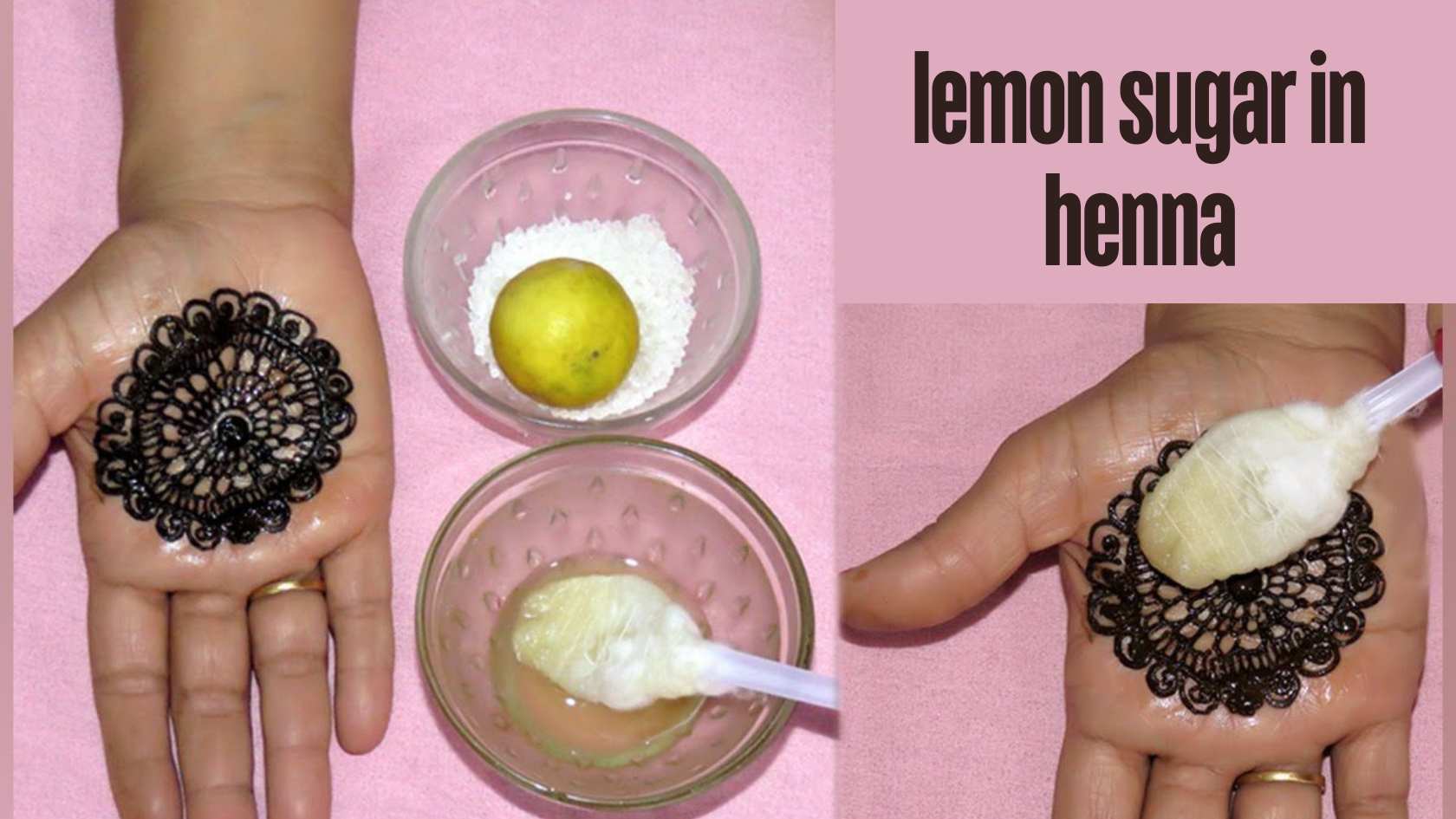





 Image courtesy:
Image courtesy: 





